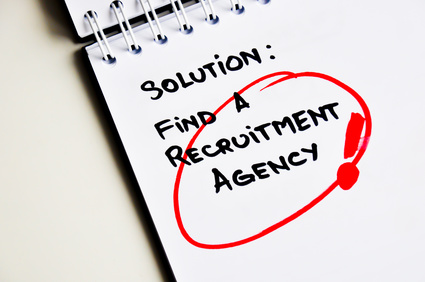Who is an Agency Worker?

An agency worker has a contract with an agency and does temporary work for an employer (hirer/end user client). Generally, agency workers are also known as ‘temps’. As there is a contract between you and an agency, this means that you are not self-employed and you are not contracted to an employer. As an agency worker, you are classed as a “worker”, rather than an employee, as you are contracted with an agency. When agency workers are temporarily supplied to an employer, they are under direct supervision of the temporary employer.
Employment Rights for Agency Workers
All agency workers including those who have signed ‘pay between assignment contracts’ are entitled to certain rights. These employment rights include:
- to be paid the national minimum wage (including the rebranded “national living wage”)
- not to be unlawfully discriminated against on grounds of disability, gender, age, race, religion or belief, or sexual orientation
- access to ‘collective facilities and amenities’ (given access to canteen, childcare, transport service and other facilities as any other employee)
- to be paid annual leave
- not to have any unlawful deductions from wages
- to work in a safe environment
- to have rest breaks and limits on working time
- to take certain claims to an employment tribunal
Agency worker regulations protect and cover the agency worker from the first day they start work temporarily with the hirer.
The Regulations do not cover:
- genuinely self-employed individuals
- individuals employed on managed service contracts
- individuals working under their own personal service company
12 Weeks Rights
After 12 weeks of working continuously with the same hirer, the regulations ensure that an agency worker is entitled to equal treatment as a comparable permanent employee in respect of the same basic working and employment conditions. The right to this equal treatment is subject to the qualifying condition that the agency worker must have completed 12 weeks in the same job with the same hirer. Even if the agency worker is assigned to one day a week with the same hirer, they are still entitled to equal rights treatment after 12 calendar weeks.
Pay between assignments contracts
In some cases, your agency might ask you sign a ‘pay between assignments contract’. This means that the agency will pay you the in-between period of two jobs- the waiting period from when you finish one job and start the next job.
What does this mean now?
Your agency worker rights have changed as you are now recognised as an employee of the agency. This means that when you are temporarily sent to work with an employee, you will not be receiving the same pay as other employees. This also includes if you have worked with in the same job and same employer for more than 12 weeks.
What Can You Do?
If you are an agency worker and through the course of your work, you feel that that your employment rights have been breached by either the agency or hirer, you should seek professional legal advice. Get in touch with one of our employment law solicitors to discuss your situation and we will be able to clarify your rights and if necessary we can take the appropriate steps to ensure that your rights are addressed.
How We Can Help
If you feel that the regulations have been breached or your rights have been infringed such as unfair dismissal, unlawful deductions of wages or unlawful discrimination etc, it is recommended that initially you should have an informal discussion with agency or hirer to resolve the issue.
However, if this is not possible you can seek professional legal advice from one of our employment solicitors. We will be able to assess your situation and provide legal advice on lodging a grievance, making a claim and if your compensation entitlement.
We have a number of options regarding funding a case (see here) and have also arranged an insurance policy which will protect you against the risk of having to pay Tribunal fees should your case be lost.
“I was in contact with Paul on many occasions and all queries were dealt with personally and politely.”
Judith C
Make an Enquiry Now
To make a free enquiry based on any of the issues raised on this page call us on 0808 168 7288, or complete an Online Enquiry.
We will also discuss the best methods of funding your case and seek to reach a solution that best suits your needs. This can involve a “no-win, no-fee” agreement if appropriate.
